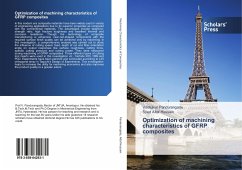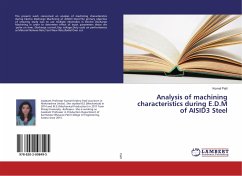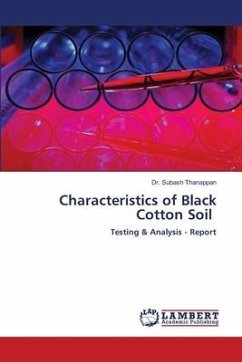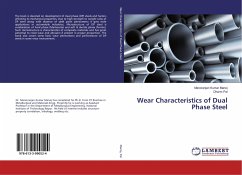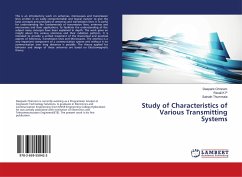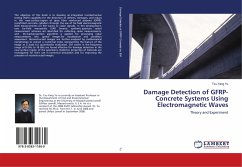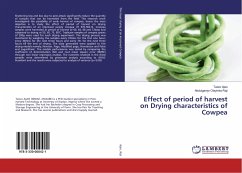In this modern era composite materials have been widely used in variety of engineering applications due to its superior properties as compared with the conventional materials. The advantages include weight-to-strength ratio, high fracture toughness and excellent thermal and corrosion resistance. Though the technology of composite manufacturing is advanced, near-net-shaped components with the required surface finish quality can be achieved only by machining. In this investigation, a comprehensive analysis was carried out to study the influence of cutting speed, feed, depth of cut and fiber orientation angle on output responses like surface roughness, cutting force, specific cutting pressure and cutting power. They were measured during machining of GFRP composites. Three different types of cutting tool inserts were used in this investigation viz., Carbide K20, CBN and PCD. Experiments have been planned and conducted according to L25 orthogonal array in Taguchi's Design of Experiments. This investigation helps to increase the utility for machining economics and also improves the product quality to a greater extent.
Bitte wählen Sie Ihr Anliegen aus.
Rechnungen
Retourenschein anfordern
Bestellstatus
Storno

